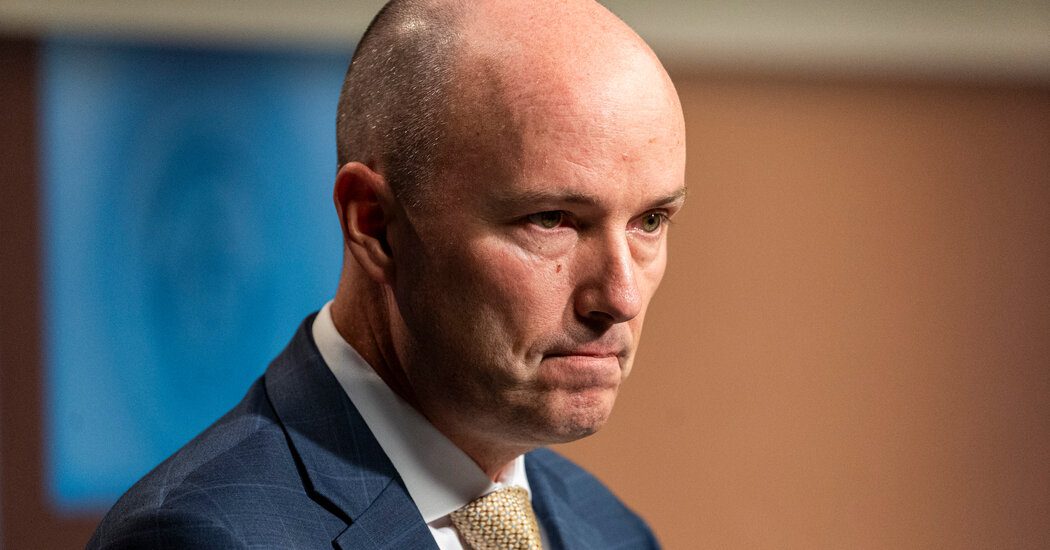

A recently enacted law in Utah, signed by Governor Spencer Cox, has officially banned unions from negotiating salaries and conditions for teachers, firefighters, police officers, and all other public sector employees. This move places Utah among only two other states that have prohibited collective bargaining within the public sector.
Set to take effect on July 1, this legislation may significantly impact the labor movement across the United States, as noted by experts. The timing of this law’s implementation follows a sequence of events in which the new presidential administration has temporarily hindered the federal agency that safeguards workers’ rights, amid broader efforts to cut federal expenditures and regulations.
The bill was advanced by a Legislature controlled by the Republican Party and was signed on Friday by the GOP governor, despite strong objections from labor unions representing a diverse range of public employees. Unions demonstrated against the bill, organizing rallies and voicing their concerns during the legislative discussions.
While federal law upholds collective bargaining rights for private sector workers, the authority to establish labor laws for public employees rests with individual states. This results in varying rights for public sector workers across the nation; some states afford more robust protections for unions and employees, while others impose restrictions on labor organization eligibility. For instance, in Texas, collective bargaining is limited to police and firefighter unions, and only North Carolina and South Carolina have outright banned collective bargaining.
Sharon Block, executive director of the Center for Labor and a Just Economy at Harvard Law School, remarked, “It’s quite extreme to enact a ban affecting all public employees.”








